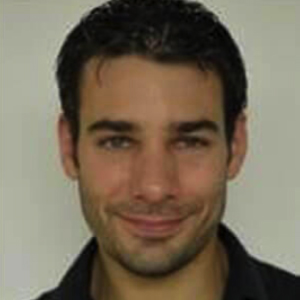
Skin lightening, a dangerous fantasy
Skin lightening is an age-old practice dating back to the end of the Middle Ages in Europe. It spread from Asia to the American continent. According to the WHO, 40% of African women currently engage in this practice. But using chemical substances in an attempt to whiten the skin can cause irreversible damage. This article examines this fantasy that is as timeworn as it is hazardous to health.
















